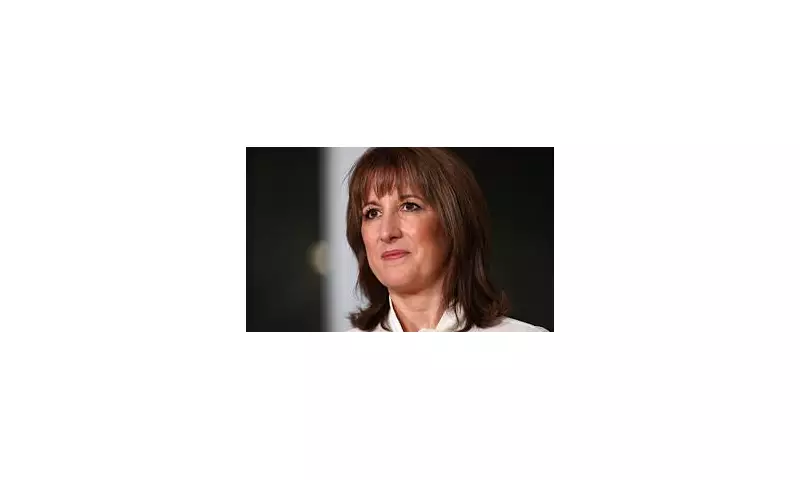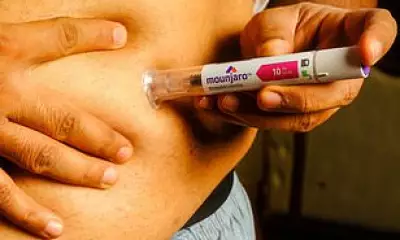
Budget Falls Short on NHS Funding Priorities
Chancellor Rachel Reeves' assertion that her Budget "protects and strengthens" the NHS is being heavily questioned by health experts and think tanks across Britain. Despite government rhetoric prioritising healthcare, analysis reveals significant gaps in funding for critical areas including waiting lists, doctor strikes and potential drug price increases.
The health service faces what the Nuffield Trust describes as one of the "tougher periods for funding" in its history. With only a modest 2.2 percent increase scheduled for next year, this level of growth harks back to the slow funding increases seen during the austerity years beginning in 2010.
Where the Budget Falls Short
Several key areas received no additional funding allocation in the Chancellor's announcement. No specific money was set aside for tackling England's extensive hospital waiting lists, dealing with the substantial costs of doctors' strikes, or covering potential rises in drug prices currently under negotiation with pharmaceutical companies.
Matthew Taylor, chief executive of the NHS Confederation, emphasised the practical consequences: "Local services cannot continue to absorb the costs of ongoing strike action by the BMA without consequences to patient care." Each resident doctors' strike costs the NHS approximately £250 million, according to the Office for Budget Responsibility.
The drug price situation presents another financial threat. A mere 5 percent increase beyond expected levels would cost the health service an additional £700 million by 2028/29.
Expert Reactions and Warnings
Medical accountancy firm Ramsay Brown highlighted that "stealth tax hikes" could deter doctors from taking extra shifts precisely when the NHS needs maximum staffing. This comes as Dr Tom Dolphin, chair of the British Medical Association council, revealed that 4,000 doctors left Britain to practice abroad last year alone.
Daniel Elkeles, chief executive of NHS Providers, questioned the realism of budgeting only a 2.5 percent pay rise for non-doctor staff when "welfare benefits and pensions are going up by around 4 percent."
While the Budget included a £300 million technology investment and plans for 250 Neighbourhood Health Centres bringing GPs, pharmacies and dentists together, these measures are overshadowed by the broader funding challenges. The Nuffield Trust noted the NHS now needs to accomplish "an awful lot" with existing resources while delivering on election promises to improve GP access and reduce waiting lists.
The King's Fund offered a similarly cautious assessment, suggesting the overall cash settlement would merely "help the health service just about keep its head above water" amid rising demand, industrial action and other financial pressures.






